International education is not just a revenue stream for universities—it’s a cornerstone of Australia’s educational ecosystem, cultural exchange, and global standing.
Yet as we approach the federal election, international students are increasingly caught in the crossfire of divisive politics.
Peter Dutton’s Coalition has adopted rhetoric that demonises international students, using extreme Trumpist language that implies that international students are rapists and drug traffickers. This dog-whistling pointlessly evokes harmful stereotypes rather than addressing real policy issues.
But the Coalition also wants to hit universities financially. While the Government has slowed international student numbers, Dutton has made it clear that a Government he leads would pull out the welcome mat entirely from under the feet of international students when it comes to public universities.
Dutton’s plans to cut international student numbers see public universities bearing the brunt of this extreme xenophobic policy, with a reduction of 30,000 in the first year.
This represents a 25% decrease on existing numbers, but it would not be evenly spread. Instead, Dutton has made it clear that he wants to target metro and research intensive universities in particular – which have higher numbers of international students.
While Dutton’s personal antagonism towards international students is deeply concerning – he also referred to international students last year as “modern day boat arrivals” – there are also wider implications.
The economic impact of Dutton’s attacks on international education would be devastating, for both the sector and our economy more broadly.
International education contributes over $40 billion annually to the Australian economy, supporting approximately 250,000 jobs across multiple sectors. Dutton’s policy announcement would rip around $5.8 billion from the sector and threaten thousands of jobs, particularly in research.
Beyond economics, international students enrich our classrooms with diverse perspectives and create vital global networks that will benefit Australia for decades to come.
The Dutton-led Coalition’s apparent determination to follow Trump’s playbook poses a massive threat to our sector.
We’ve already seen how Trump’s policies have damaged American universities’ international standing. Australia cannot afford to follow the same path.
What’s needed instead is increased funding across the board to ensure both research and domestic student places are properly supported. Universities require sustainable public funding that reduces reliance on international student fees while maintaining Australia’s reputation as a welcoming destination for global talent.
The NTEU stands firmly against any attempt to weaponize international education for political gain. We recognise that a strong, diverse, and well-funded university sector benefits all Australians—and that includes continuing to welcome students from around the world.
As the election approaches, we have called on political parties to commit to policies that strengthen international education rather than undermine it through divisive rhetoric and harmful policies.
However, Dutton has made it clear that his government would attack public universities, cutting vital funding while at the same time, tightening government control over university curricular and research.
